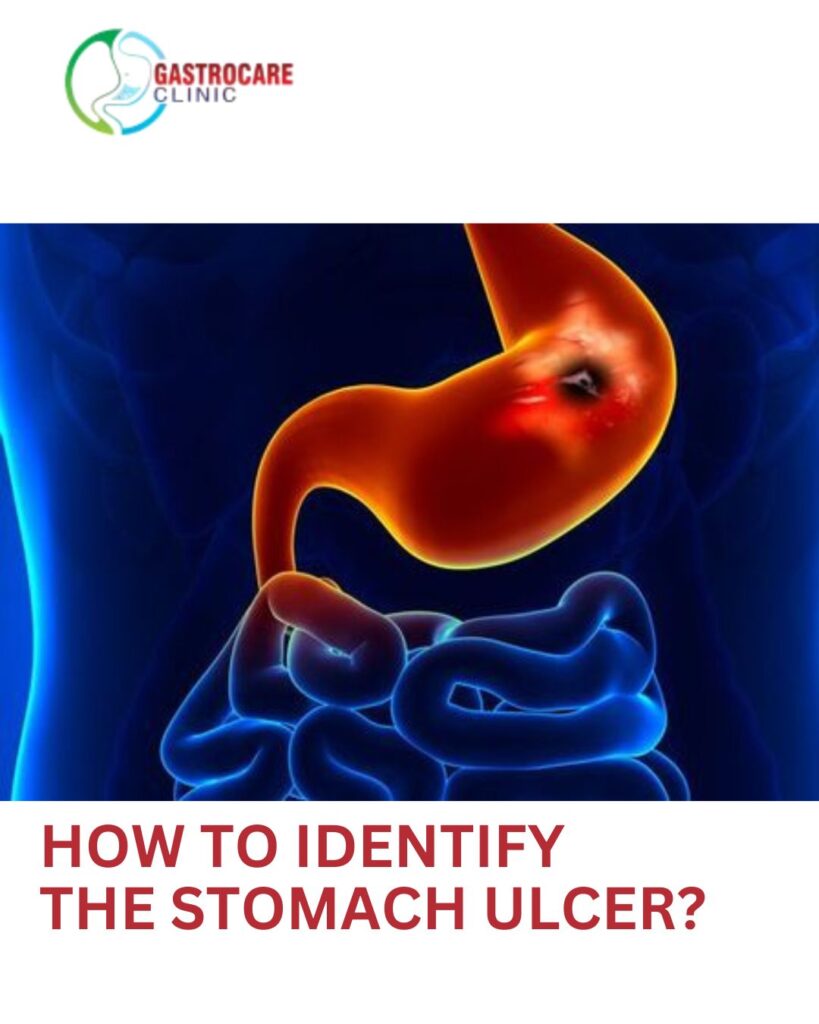Stomach ulcers, also known as peptic ulcers, are painful sores that develop on the lining of the stomach, small intestine, or esophagus. These ulcers occur when the protective layer of mucus in the stomach is reduced, allowing digestive acids to damage the tissue. Recognizing the early signs of a stomach ulcer is crucial because, if left untreated, it can lead to serious health complications. If you suspect you might have a stomach ulcer, consulting a Stomach specialist in Sangli is essential for timely diagnosis and treatment. Wondering how to identify a stomach ulcer? Learn the key symptoms and when to consult a stomach specialist in Sangli for early diagnosis and effective treatment.
What Causes Stomach Ulcers?
Several factors can lead to the development of stomach ulcers, including:
-
Helicobacter pylori infection: A common bacterial infection that weakens the stomach lining.
-
Excessive use of pain relievers: Long-term use of NSAIDs (like ibuprofen and aspirin) can cause ulcers.
-
Excess stomach acid production: Conditions like Zollinger-Ellison syndrome increase acid levels.
-
Lifestyle factors: Smoking, excessive alcohol consumption, and stress may contribute to ulcer formation.
Identifying the symptoms early and seeking guidance from a Stomach specialist in Sangli can make a big difference in the effectiveness of treatment.
Common Symptoms of a Stomach Ulcer
Recognizing the symptoms of a stomach ulcer can help you get medical attention sooner. Here are the most common signs to watch out for:
1. Burning Stomach Pain
The most classic symptom of a stomach ulcer is a burning sensation or pain between the chest and belly button. This pain often occurs when your stomach is empty and may temporarily go away after eating certain foods or taking an antacid.
2. Bloating
A feeling of fullness or bloating after eating small amounts of food can be a sign of a stomach ulcer. This symptom is often mistaken for indigestion.
3. Heartburn
Frequent heartburn that doesn’t seem to go away with over-the-counter medication could indicate an ulcer rather than simple acid reflux.
4. Nausea and Vomiting
Persistent nausea, sometimes accompanied by vomiting, may be a sign that your stomach lining is irritated.
5. Loss of Appetite and Weight Loss
Unexplained weight loss and a sudden drop in appetite are red flags. If eating becomes painful or uncomfortable, it’s a signal to consult a Stomach specialist in Sangli immediately.
6. Dark or Bloody Stools
Ulcers can bleed, leading to dark, tarry stools or even visible blood. This is a serious symptom that requires urgent medical attention.
7. Fatigue
Chronic blood loss from an ulcer can cause anemia, which leads to weakness and fatigue.
How a Stomach Specialist Diagnoses Ulcers
If you are experiencing any of the symptoms above, it’s crucial to seek expert medical advice. A Stomach specialist in Sangli will typically start with a detailed discussion of your symptoms and medical history. Diagnostic tests may include:
-
Endoscopy: A thin tube with a camera is inserted down the throat to view the stomach lining directly.
-
Barium Swallow Test: You drink a barium solution, and X-rays are taken to reveal ulcers.
-
Testing for H. pylori: Blood, breath, or stool tests can detect this common infection.
-
Biopsy: If necessary, tissue samples are collected during endoscopy to rule out cancer.
Timely diagnosis not only confirms the presence of an ulcer but also helps determine the underlying cause, which is critical for choosing the right treatment.
Treatment Options for Stomach Ulcers
Once diagnosed, treatment typically focuses on eliminating the cause and promoting healing. A Stomach specialist in Sangli might recommend:
-
Antibiotics: If H. pylori infection is present.
-
Proton pump inhibitors (PPIs): To reduce stomach acid and promote healing.
-
Antacids and H2-receptor antagonists: For immediate relief from symptoms.
-
Lifestyle changes: Quitting smoking, reducing alcohol consumption, managing stress, and avoiding NSAIDs.
In rare cases where an ulcer does not heal or complications arise, surgical intervention might be necessary.
Preventing Stomach Ulcers
While not all ulcers can be prevented, you can reduce your risk by:
-
Limiting NSAID use.
-
Practicing good hygiene to avoid H. pylori infection.
-
Eating a balanced diet rich in fruits, vegetables, and fiber.
-
Managing stress through meditation, exercise, or therapy.
If you have a history of ulcers or are at high risk, regular check-ups with a Stomach specialist in Sangli can help catch any problems early.
Final Thoughts
Stomach ulcers are a common yet serious health issue that should not be ignored. Identifying the signs early, understanding the risk factors, and consulting a trusted Stomach specialist in Sangli can lead to effective treatment and a healthier life. If you or someone you know is experiencing symptoms of a stomach ulcer, don’t delay — professional help is just a call away. Wondering how to identify a stomach ulcer? Learn the key symptoms and when to consult a stomach specialist in Sangli for early diagnosis and effective treatment.

